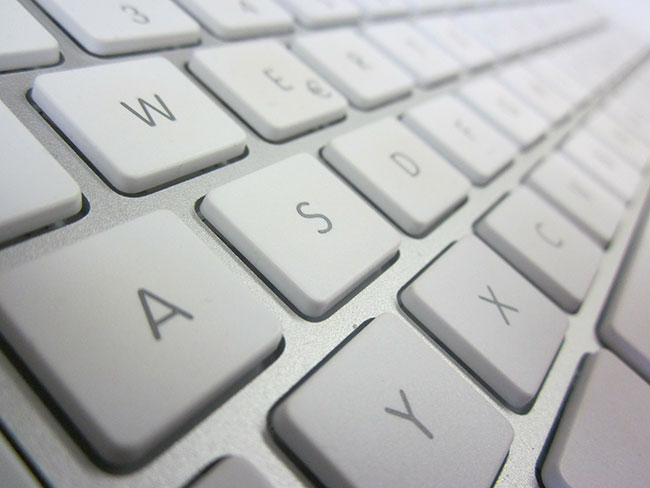Recently, there is a growing tendency for user activities to be monitored on the Internet. You need to follow a few important rules in order to safely enjoy all the features of the web, ranging from monetary transactions to social networks and online casinos.
Here are some tips for protecting your personal data.
Step #1 – Do not inadvertently disclose personal information
Do not disclose data that is not required to receive the desired service. It is not necessary to specify any extra personal data on social networks.
Step #2 – Turn cookie notifications on in your web browser to control them or use infomediaries
Cookies are used to store data on the user side. In practice, they are usually used for: user authentication, storage of personal preferences and user preferences, tracking user access sessions, and collecting statistics about users.
Most modern browsers support cookies. As a rule, the user can select whether to use cookies or not. Also, you can enable cookies for a site temporarily and then turn them off.
Some apps notify users of their intent to create cookies, allowing the user to deny permission to create cookies by selecting the appropriate options. But other programs create cookies without any notification.
You can also use alternative browsers like Mozilla (Windows, Mac, Linux), Opera (Windows, Mac, Linux), Konqueror (Linux) and ICAB (Mac), which can offer more effective options for managing cookies.
Do not confuse honest infomediaries with identification services such as Microsoft’s Passport Service or Novell’s DigitalMe. These services are used for marketing purposes. They collect a vast array of information about you in order to sell it.
Step #3 – Maintain a “clean” email address
When you send a message to strangers or a whole list of people, place an ad, log into chat rooms and other public services, it is better to specify your clean e-mail address when you are prompted to provide an e-mail address.
Then only use your main e-mail address for corresponding with people who you trust or for trusted websites.
Step #4 – Do not give out personal information to strangers or those who you just met
You should not give unfamiliar people data such as your name, place of work, phone number and home address. Giving out credit card numbers is even more unthinkable.
Step #5 – Remember that your activity can be tracked online
Avoid sending highly personal e-mails and storing sensitive files on your home computer. In many countries, employees have little if any privacy protection from monitoring by employers.
Keep in mind that a growing number of employers monitor and record information about what their staff do on the Internet. This could jeopardize the security of your bank passwords and other confidential information.
Step #6 – Beware of sites that offer some sort of reward or prize in exchange for your contact information
It is very likely that this information is collected for direct marketing purposes.
Step #7 – Never respond to spammers
As much as you might want to provide a response, you should never press any links in these pesky messages, including the “Delete” button (they will not remove you from the mailing list).
Any action that you take will serve as confirmation that currently a real person reads mail at this email address (or account). And you will be placed on dozens of other spammer lists.
If you are very concerned about spam, you can contact your ISP or install anti-spam filters.
Step #8 – Take proper web security measures
Never send credit card numbers or other sensitive personal information without making sure that your connection is secure (encrypted).
Look for the closed padlock (in Windows) or key icon (in Mac OS) in the browser window.
In any browser, look at the URL line (web address) – a secure connection begins with “https://” and not “http://”.
If you are on a page where the web address starts with “http://” try to add an “s” after “http” and reload the page.
If you get an error message, or a message that no such page exists, it means that the company is very careless with your personal information and money, since web security measures are not believed to be necessary.
Also beware of spyware, which is software that is installed together with other applications that you install.
Their mission is to silently monitor your online habits and other information and to report such information back to the developer of the spyware.
Special programs exist that can identify and remove spyware.
Step #9 – Moreover, make sure to secure your home computer
Your home computer is connected to the Internet 24 hours a day, so do not forget to turn it off when you are not using it. Hackers look for autonomously connected machines and can invade with surprising ease.
Step #10 – Choose secure services
Be sure to pay close attention to the privacy policy and security of the service. This is especially true of everything connected with gambling and online games of chance.
A correct example that can be used for comparative purposes is the security agreement of the casino.com service, which demonstrates all of the required items (license, system for using personal data, etc.) needed in order to trust the service.
10 ways to protect your personal information online,





Manish Kumar
Oct 13. 2014
thanks for the telling us various security measures to protect personal information as now a days lot of spams are coming telling u that you have will that much amount please send your detail, once again thanks for telling the security measures